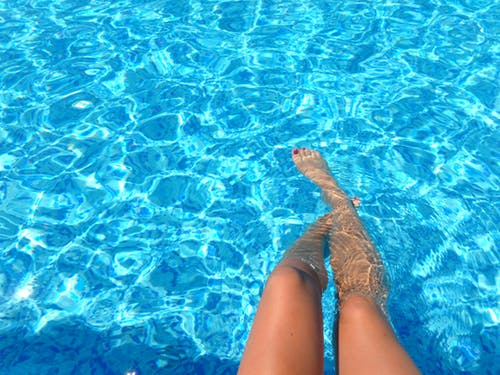Your home is always at risk of water damage problems and tragedies no matter where you reside. Leaking pipes, ruptured sewage lines, and natural calamities may often cause considerable water damage. If your property has experienced water damage, it’s crucial to identify the source and act immediately to prevent further destruction.
Water damage in the home can be quite difficult to cope with, particularly when it results in more issues. While these repairs are often best entrusted to specialists, there are a few do-it-yourself methods you can take to help reduce the damage.
What to Consider Before Water Damage Restoration
Remediation of water damage is a situation that requires immediate and effective treatment. The more time water sinks into a surface, the more damage it causes. Assess the situation and think about some of the following things before you decide whether to clean up the area yourself or hire a water damage remediation service.
Water Volume
If you have a minor or moderate quantity of water in your home, you can often manage it independently with the proper devices. However, if heavy flooding persists despite your efforts, it may be wise to contact a professional property restoration company. If your community is recovering after a natural calamity or massive flood and your home has suffered considerable damage, a do-it-yourself task may not be an ideal action. Stick to your local disaster relief authorities’ guidelines and leave these repairs to the experts.
Damage Source
Before initiating water damage repair, you must figure out the water source. When you have a flooding situation in your home, there are three sorts of water to be familiar with.
- Clean water: Whether it comes from rain or leaking pipes, this water is free of hazardous chemicals and is risk-free to use.
- Gray water: Water that leaks from devices such as your dishwasher, toilet, or washing machine may be slightly contaminated. You may clean this by yourself with the necessary procedures.
- Blackwater: The most dangerous type of water, blackwater comes from the sewers or when a nearby water source, such as a river, floods. It often poses health risks and is dangerous to handle.
You can consult with a skilled contractor first or visit their water page online to learn about water remediation services.
Damage Level
Another crucial factor to consider before deciding whether or not to do a do-it-yourself water damage repair is the extent of the water damage itself. In case of minor damage, you may have the ability to address the situation on your own. On the other hand, significant damage can be quite risky to handle, which means you may need to hire the services of trained and experienced damage restoration experts.
Suppose you want to know how to create a home inventory in the event of water damage to your property. In that case, you can contact your insurance company to help you evaluate the extent of destroyed items and provide you with more recommendations.
In the End
While water damage can be a very unpleasant experience for homeowners, returning your house to its pre-damage condition is possible if you take the proper procedures. When doing your restoration, it is essential to thoroughly assess the issue before proceeding to minimize any health risks. If you need guidance or believe the damage is beyond what you can manage, it is always best to leave water damage remediation to the professionals.








